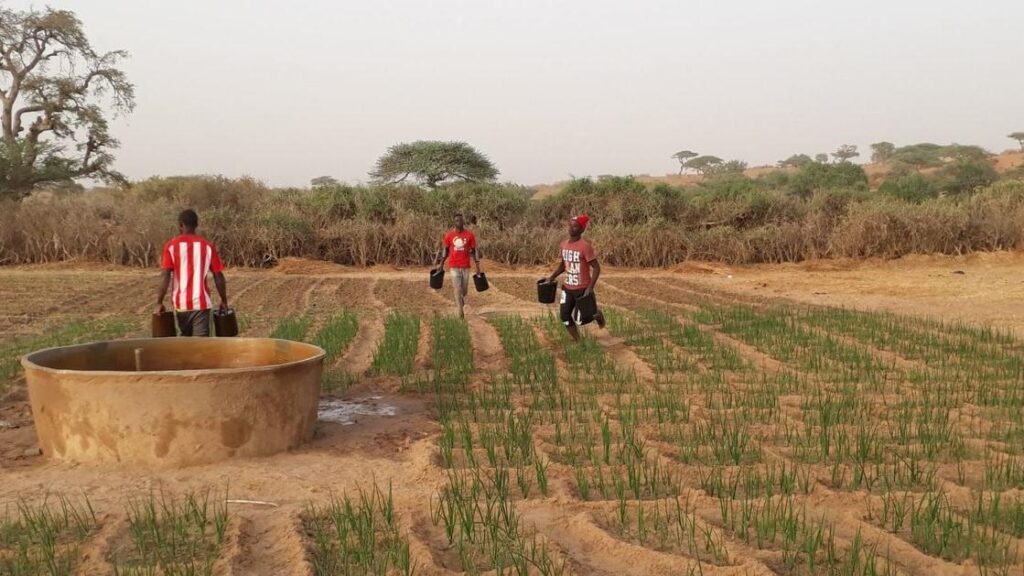
What helps young people succeed in rural business? Rural transformation is vital for economic development. It also forms the basis for achieving several Sustainable Development Goals (SDGs), including eliminating hunger and malnutrition. Rural youth employment and entrepreneurship are key drivers of the transformation process. In many developing countries, the number of young rural people is increasing, but they do not see agriculture as an attractive profession. The farming population is aging. IFPRI and the Syngenta Foundation (SFSA) work closely together on the selection and write-up of case studies aiming to provide guidance for future youth entrepreneurship programs

Currently, rural youth have too little access to many of the ingredients of agricultural success. These include land, credit, farm inputs, agronomic and vocational training, insurance, and lucrative markets. Farming is also getting harder because of climate change, degradation of natural resources, water scarcity, and loss of biodiversity. Revitalizing rural economies will require the empowerment of youth in agricultural enterprises. Our multi-country comparative study aims to identify the policy, institutional and technological requirements in Bangladesh, Indonesia, India, and Nigeria. The Syngenta Foundation already works in all four. So far, this is an understudied area. Few hard data are available on why particular approaches succeed. Our research aims to provide guidance to governments and other partners on how to better support youth entrepreneurship in the agriculture and food sectors.
Our key question is: What drives successful rural youth empowerment through entrepreneurship in developing countries? To answer this, we identify contextual factors and key determinants (see Figure). The case studies examine four key components: Policy environment & regulatory system, institutions & intermediary organizations, technological options & business infrastructure, and individual capacity & skills.
This framework points up policy system issues in different settings. It identifies and compares individual capacity and skill constraints on youth in various policy environments. It traces the required institutional and regulatory interventions, where gaps may work for and against youth engagement in agribusinesses. We can also easily apply it to further countries if desired. The study process begins by identifying potential models of youth engagement in agribusinesses and rural enterprises. With our framework, detailed questionnaires, field surveys, and focus groups, we then examine the policymaking process, institutional design, technological constraints, and individual capacity issues. Multi-stakeholder analysis within and between countries enables the development of policy and programmatic recommendations.
Framework for rural youth empowerment through entrepreneurship

Partners
Also on our website
Policy: Creating Conditions for Smallholder Success
Disclaimer: This write-up was created by the Syngenta Foundation for Sustainable Agriculture (SFSA), now rebranded as the Sustainable Agriculture Foundation (SAF).
Share